Blog
Water on Earth: How much do we have of it on our planet and how much of it is drinking water?
There are about 1.3 zetta liters of water on the Earth, but only 0.12% can be used for consumption, industry and agriculture.
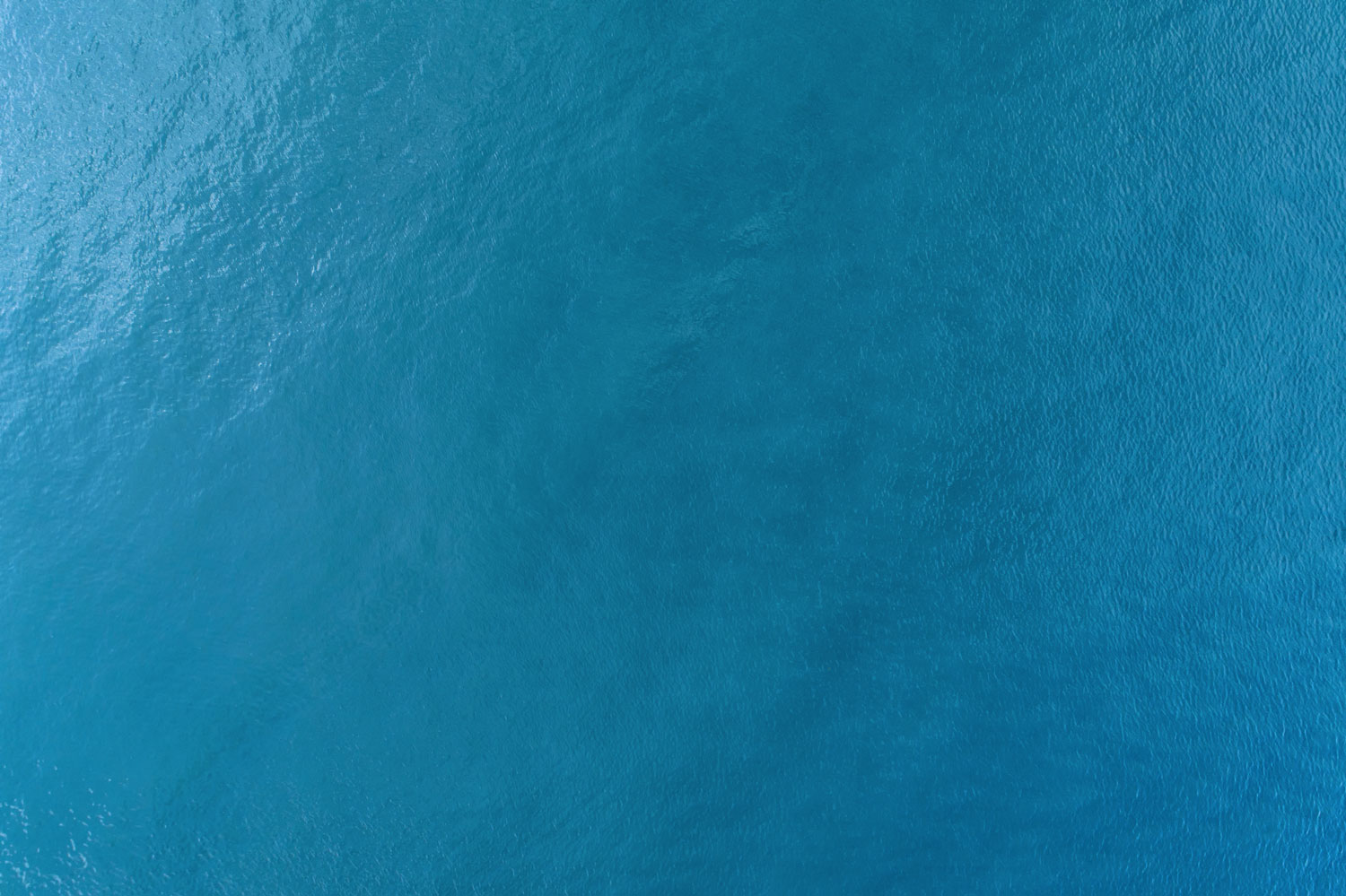
From the universe, Earth appears to be a great blue giant - more than two-thirds of its surface is covered with water. But the thirst of eight billion people can be extinguished by less than one percent of its total volume. Some have to fight daily for a single gulp of drinking water.
Earth surface
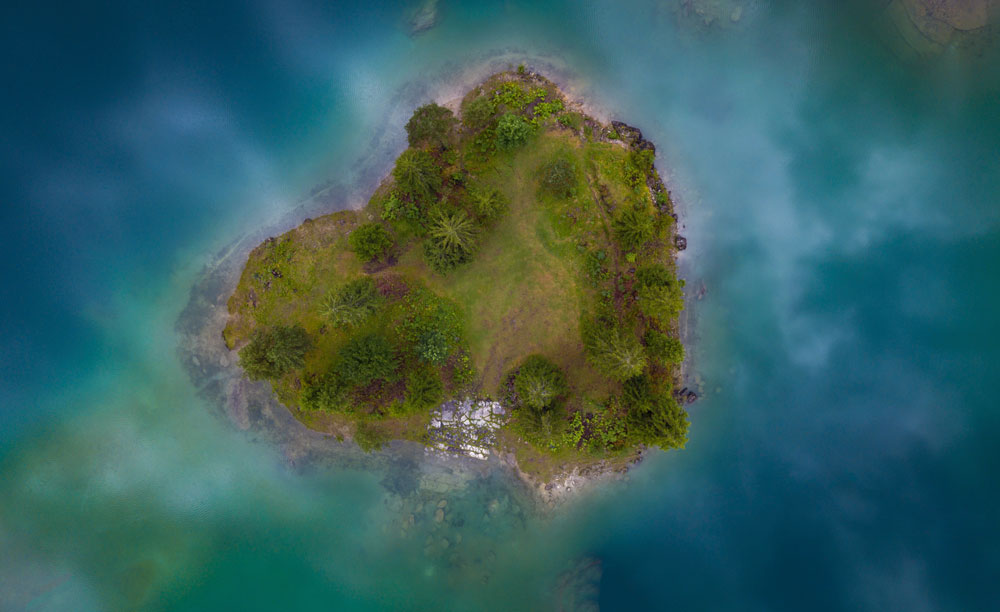
Typically, such water can be found in rivers, lakes, snow, ice and under ground. Finally, only 1% of the water is actually available to the planet's inhabitants.
However, the proportion of drinking water falls even lower, accounting for only 0.007% of the total volume of water on our planet.
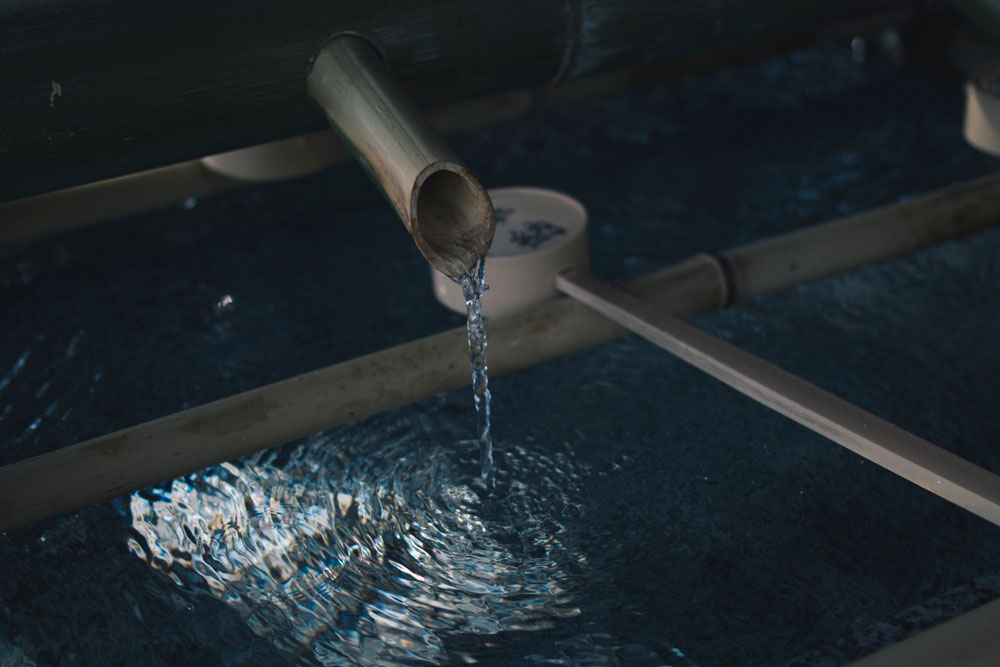
The countries with the largest supplies of drinking water
According to the Food and Agriculture Organization of the United Nations (FAO), the world's largest potable water reserves are in the following 9 countries:
 Source: FAO.org
Source: FAO.org
It turns out that in the first place is occupied by the fifth largest country in the world - Brazil, with 8233 cubic kilometers of drinking water. Mainly because of the Amazon River, its watershed and subtropical climate with plenty of precipitation.
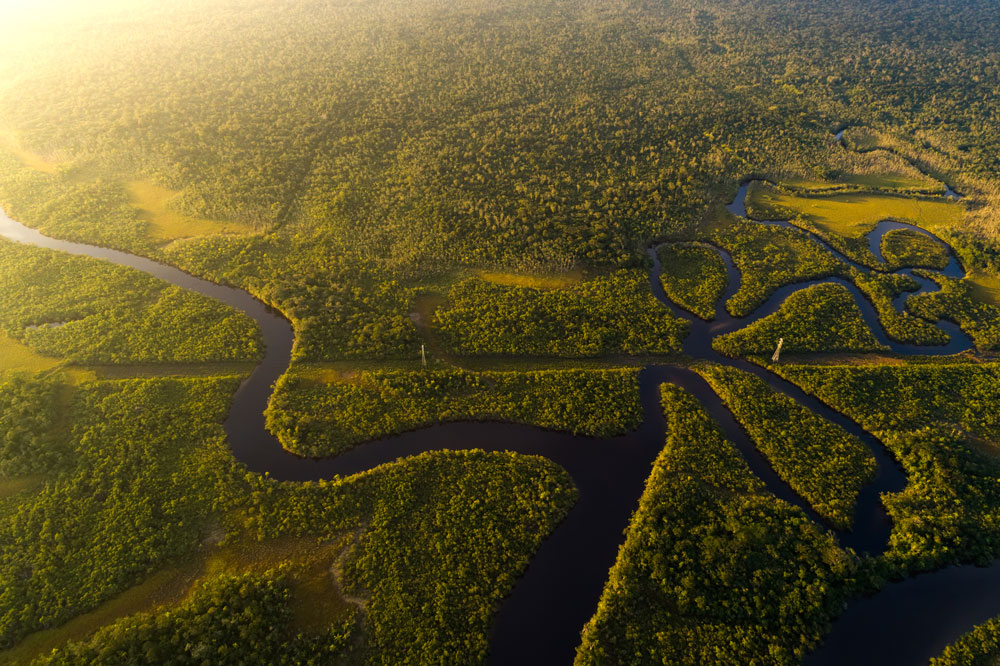 Amazon River in South America has the largest total flow from all rivers in the world.
Amazon River in South America has the largest total flow from all rivers in the world.
The paradox, however, is that the inhabitants of the largest city of Brazil, São Paulo, suffer from severe drinking water shortages in recent years.
It is mainly the poorer part of the population living on the outskirts of the city in the hills where the water rarely reaches inhabitants through the pipeline.
Because, in particular, poor sewerage structure, insufficient municipal wastewater trreatment and consecutive two years of dry summer.
Endangered Lake Baikal
Up to ⅕ of global drinking water supplies are found in Lake Baikal. It lies by the largest Siberian town of Irkutsk and is considered to be the oldest and the deepest lake on Earth.
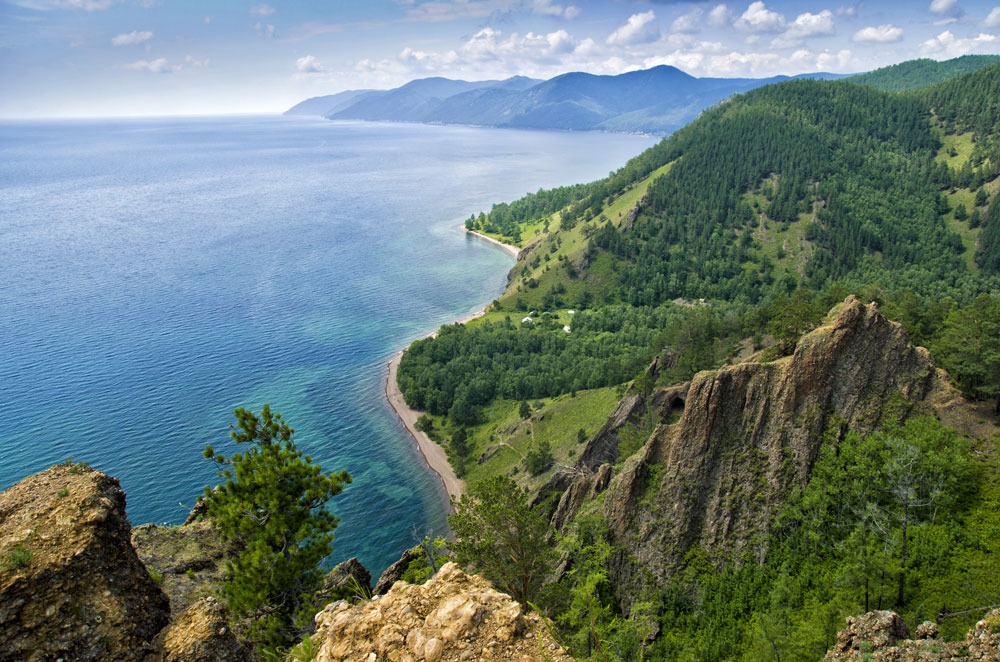 Lake Baikal contains up to ⅕ of world drinking water reserves
Lake Baikal contains up to ⅕ of world drinking water reserves
But as early as 2015 scientists raised a warning finger because the lake's level had fallen to its 30-year low. At present, it is also threatened by plans of Mongolian investors who intend to build two water reservoirs on the Selene River, its main tributary.
Experts warn that it could have the same effect as moving the two main tributaries of Aral Lake in the 1960s. The Amu and Syr rivers were deflected by the Soviets into the desert, where they had to fill fields of rice, melons and cotton. That's why Aral lake has almost dried out in 40 years.
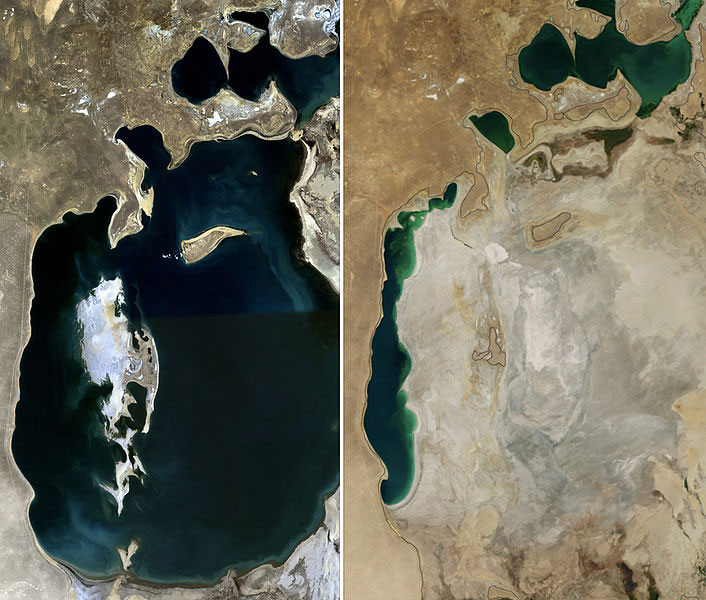 Aral Lake has been greatly reduced without its two main tributaries. Left - space satellite view on the lake from 1989, images on the right as of 2014. Source: Wikimedia.org
Aral Lake has been greatly reduced without its two main tributaries. Left - space satellite view on the lake from 1989, images on the right as of 2014. Source: Wikimedia.org
Shortage of drinking water
According to the WHO World Organization, around 8 million people in the world don´t have access to clean drinking water.
More than 3.5 million people die every year due to diseases caused by consumption of dirty and unfiltered water.
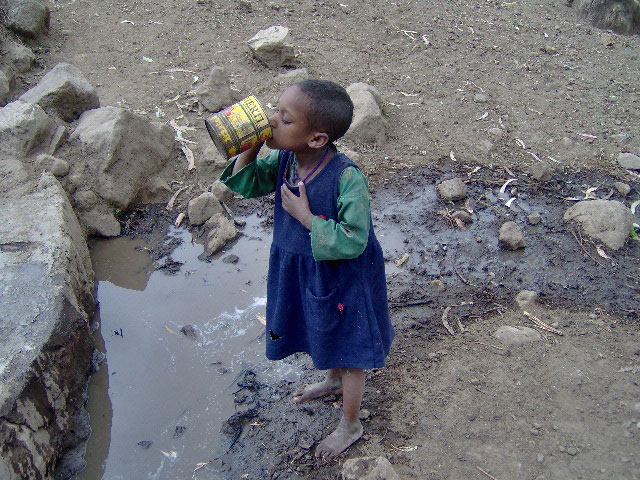 A girl drinks polluted water. Source: Allaboutwaterfilters.com
A girl drinks polluted water. Source: Allaboutwaterfilters.com
With a phenomenon of directly proportional population growth and a stagnant level of world water flows, it is estimated that up to 1.8 billion people will live in areas without access to safe drinking water by 2025.
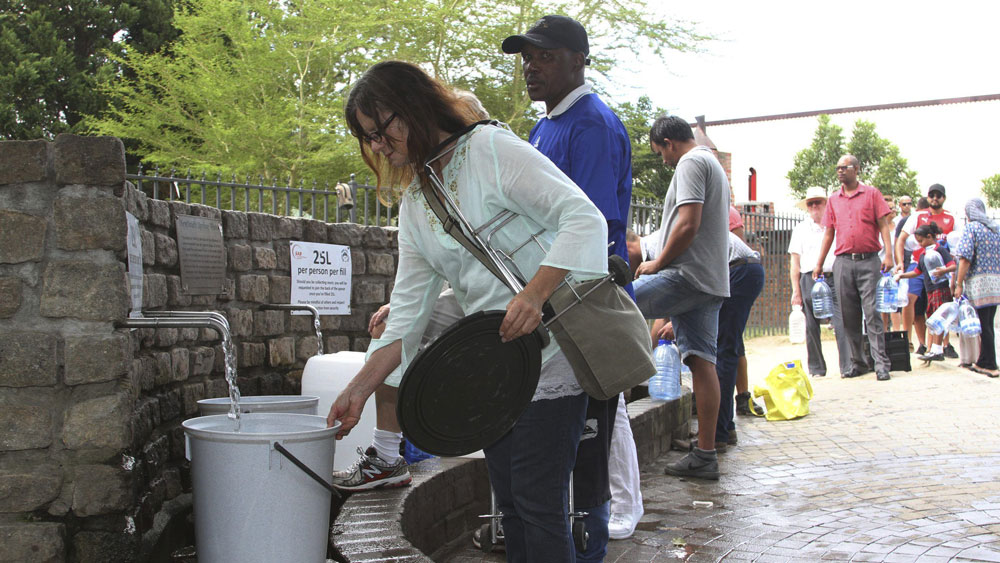 Drinking Water Crisis In Cape Town they are facing drinking water crisis from early 2018. Source: QZ.com
Drinking Water Crisis In Cape Town they are facing drinking water crisis from early 2018. Source: QZ.com
Moreover, two thirds of the population will live in areas where water, due to its ill-considered use, excessive agricultural growth and worsening climate change, will become a precious natural resource.
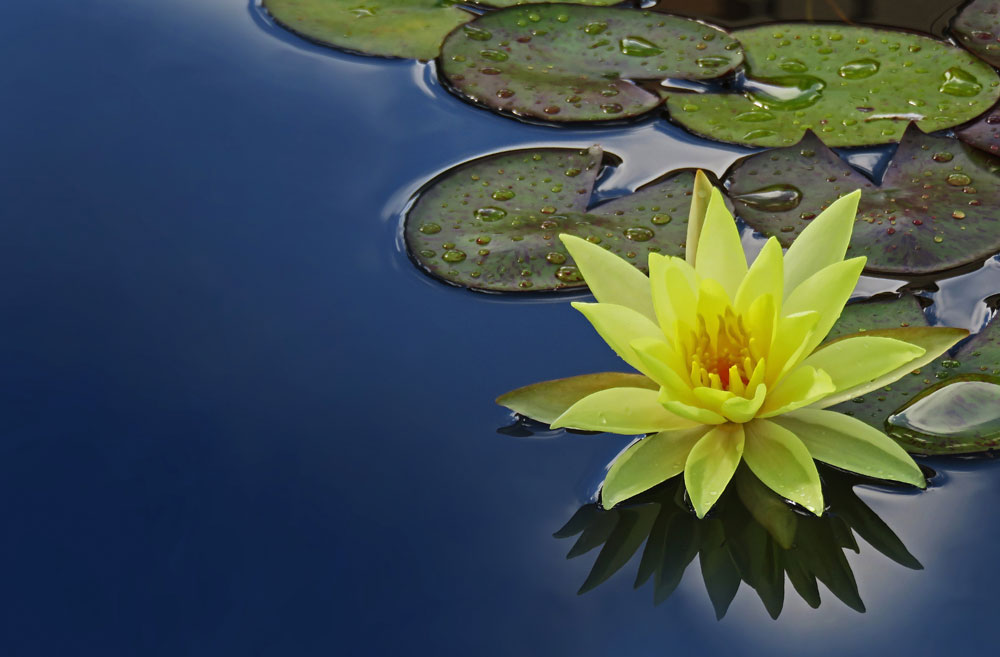
Also because of these estimates, planning, implementation and use of wastewater treatment systems are even more important than in the past. Call us and together let us select a suitable wastewater treatment system for you.
More articles
Get rid of heavy metals in your water
Our lab is quite a busy place to be these days. We recently finished an experiment involving heavy metals removal from waste water. Tests were...
